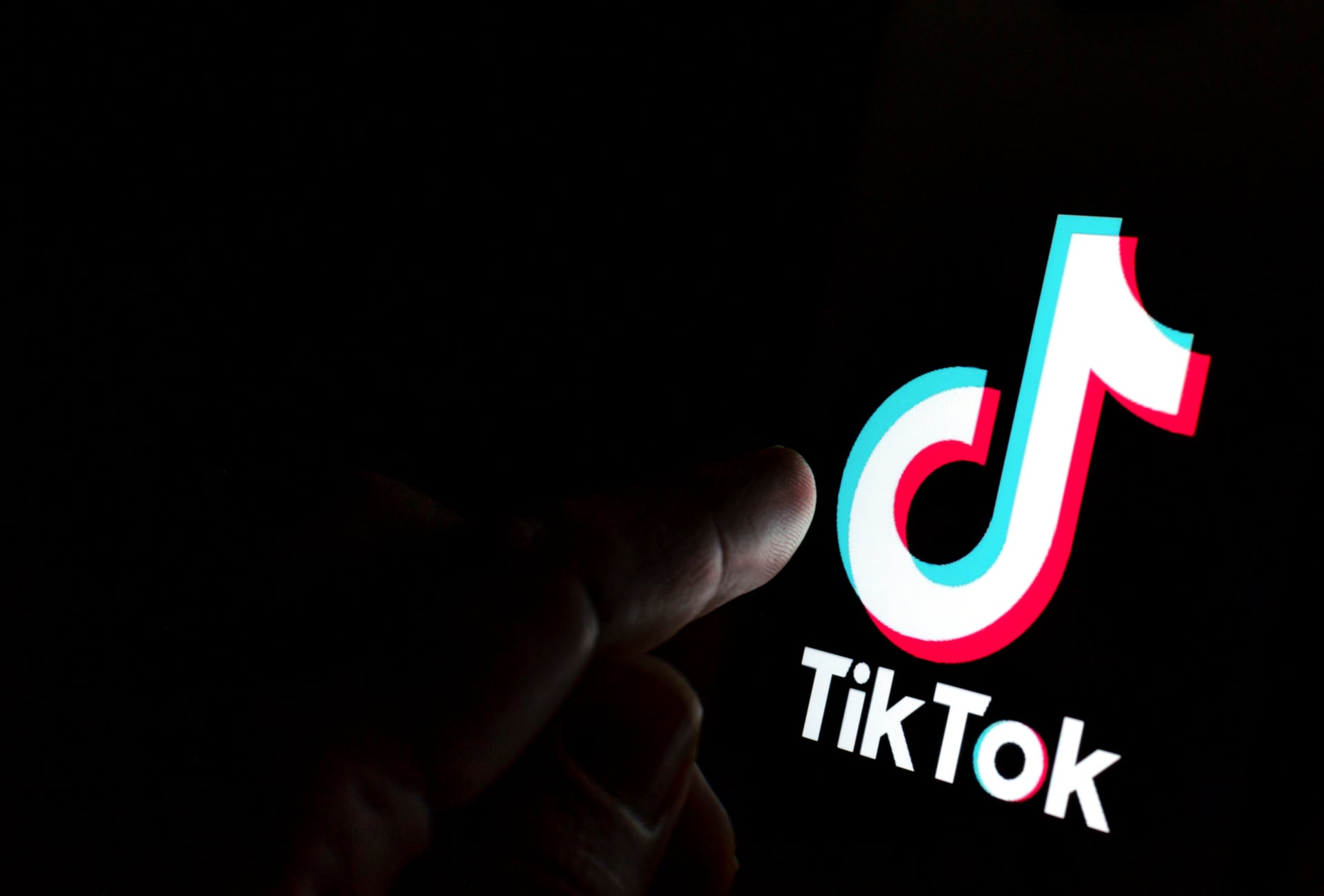
The Indian government has made the unprecedented decision to ban 59 Chinese apps, signifying a major turning point for the global tech landscape. The ban came into effect on 29 June 2020 in what the government has described as a means to counter the threat posed by these applications to the country’s “sovereignty and security.”
However, the decision is undoubtedly related to the escalating tensions between the two countries, initiated by the deadly border clash which occurred on 15 June, leaving at least 20 Indian soldiers dead.
The Indian government’s decision spells bad news for multiple tech firms which have been implicated, due to the importance of the Indian market in regard to their growth. Video sharing platform TikTok which is owned by Chinese tech giant Bytedance has a huge following in India, which has grown to become one of its biggest market, having an estimated 120 million users in total.
During a brief ban in India in 2019, the Chinese company estimated it was missing out on approximately $500,000 of revenue a day. As a result, TikTok is likely to be hardest hit firm in the immediate term.
Apps ban threatens China’s ambitions to become a global tech powerhouse
The increasingly tense military and diplomatic standoff has high economic stakes, due to both the huge trading relationship between the two countries and the close ties in regard to technology.
The country has carved out a significant presence in the Indian tech sector in recent years, by flooding the country with cheap smartphones and investing heavily in Indian tech start-ups, poising its companies to become some of the most dominant in the country.
How well do you really know your competitors?
Access the most comprehensive Company Profiles on the market, powered by GlobalData. Save hours of research. Gain competitive edge.

Thank you!
Your download email will arrive shortly
Not ready to buy yet? Download a free sample
We are confident about the unique quality of our Company Profiles. However, we want you to make the most beneficial decision for your business, so we offer a free sample that you can download by submitting the below form
By GlobalDataXiaomi Corp. is the No. 1 smartphone brand in India with a 31.2% market share, after entering the just 6 years ago. However, sentiments towards the brand are already changing, with Xiaomi being forced to board up stores in fear of vandalism.
The latest knock to Chinese companies follows a global conversation over the past few months surrounding the safety of using Huawei’s 5G technology. The company faces allegations of having possible backdoors in its mobile network infrastructure.
New opportunities in India will arise at China’s expense
While the ban comes as an unwelcome surprise for Chinese tech firms, new opportunities are likely to arise for competitors, as consumers seek alternative offerings.
Roposo, is an Indian video-sharing social media platform, owned by Glance InMobi Pte. Ltd, it’s platform allows people to upload homemade videos and photos and is TikTok’s closest competitor in the country, with approximately 65m subscribers. When Tiktok was banned on 30 June 2020, the app saw a huge spike in users, with several TikTok users registering on Roposo.
When TikTok was banned in India on the order of the Madras High Court for a few days in 2019, it soon returned after the court vacated the ban. The latest action taken by the government, however, is more sweeping, impacting a substantial number of apps, and was taken in the interest of national security.
While it remains uncertain as when or if the ban will be lifted, it will surely serve as a warning to other Chinese businesses in India, and to China itself.







Related Company Profiles
Xiaomi Inc
Beijing ByteDance Technology Co Ltd